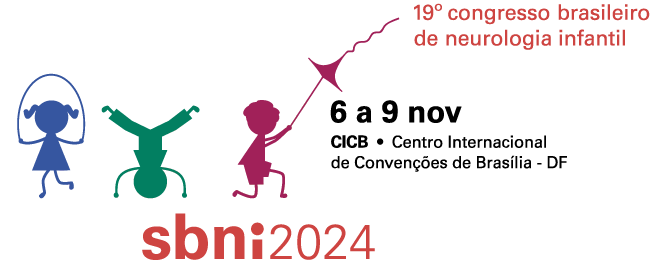Dados do Trabalho
Título
COVID-19 PANDEMIC AND MENTAL HEALTH: A CROSS-SECTIONAL STUDY WITH TEENAGERS
Introdução
Adolescence is a period of rapid physical, emotional, cognitive, and social development, so teenagers are more susceptible to mental disorders. Since 2020, the world has been battling the coronavirus disease 2019 (COVID-19) pandemic. The mortality and morbidity at the height of the pandemic sparked generalised fear and uncertainty about the future. Concerns were raised about the mental health impact of the Pandemic on adolescents globally.
Objetivo
To investigate the effects of COVID-19 Pandemic on the mental health of teenagers.
Método
Cross-sectional, observational study with adolescents of both gender, enrolled in public high school from Cascavel City, Paraná, Brazil. After Parental Written Informed Consent of parents or tutor and Adolescent Written Informed Assent of adolescents were obtained, these filled the Strengths and Difficulties Questionnaire (SDQ), Brazilian Version by Fleitlich, 2000, which is used for screening of mental health problems in adolescents in 5 areas: pro-social behavior; hyperactivity; emotional, of conduct and relationship problems.
Resultados
It was filled 70 questionnaires, three were excluded by lack of datas. 22 (32.8%) were male and 45(67.2%) female. Aged from 11 to 16 years old. 22 (32.8%) scored to mental health problem, the symptoms most frequent were: emotional and hyperactivity (59.09%). Further more, 18 (81.8%) said to use some screen or cell phone more than three hours by day and 14 (63.6%) report having increased screen time after the Pandemic. Another important finding was regarding the practice of physical activity, in which 16 (72.7%) stated that they practiced activity regularly, but only six (27.2%) practiced 3 hours or more throughout the week.
Conclusão
There was a high percentage of adolescents that scored to mental health problems, result this above of medical literature. Further more, the use of screen and cell phone was worrying, and there was also a low percentage of regular physical activity practice. Pediatricians must be aware of the consequences of the COVID19 Pandemic so that they can collaborate in improving the mental health of these adolescents.
Referências
Sass AE; Kaplan DW. Adolescence. In: Hay Jr, WW; Levin, MJ; Sondheimer JM; Deterding RR. Current Diagnosis&Treatment. 20th edition. New York. 2011
Palavras Chave
adolescent; mental health; questionnaire
Área
Transtornos neuropsiquiátricos e distúrbios de aprendizagem
Autores
MARIANA DEFAZIO ZOMERFELD, LARISSA LAVARIAS GESSNER , LUCAS DOS SANTOS OLIVEIRA, JÚLIA MAYUMI UEDA , MARIA JÚLIA TODERO, MARCELA SOARES, NATÁLIA CUSTÓDIO UGGIONI, GLEICE FERNANDA COSTA PINTO GABRIEL , MARCOS ANTONIO SILVA CRISTOVAM
